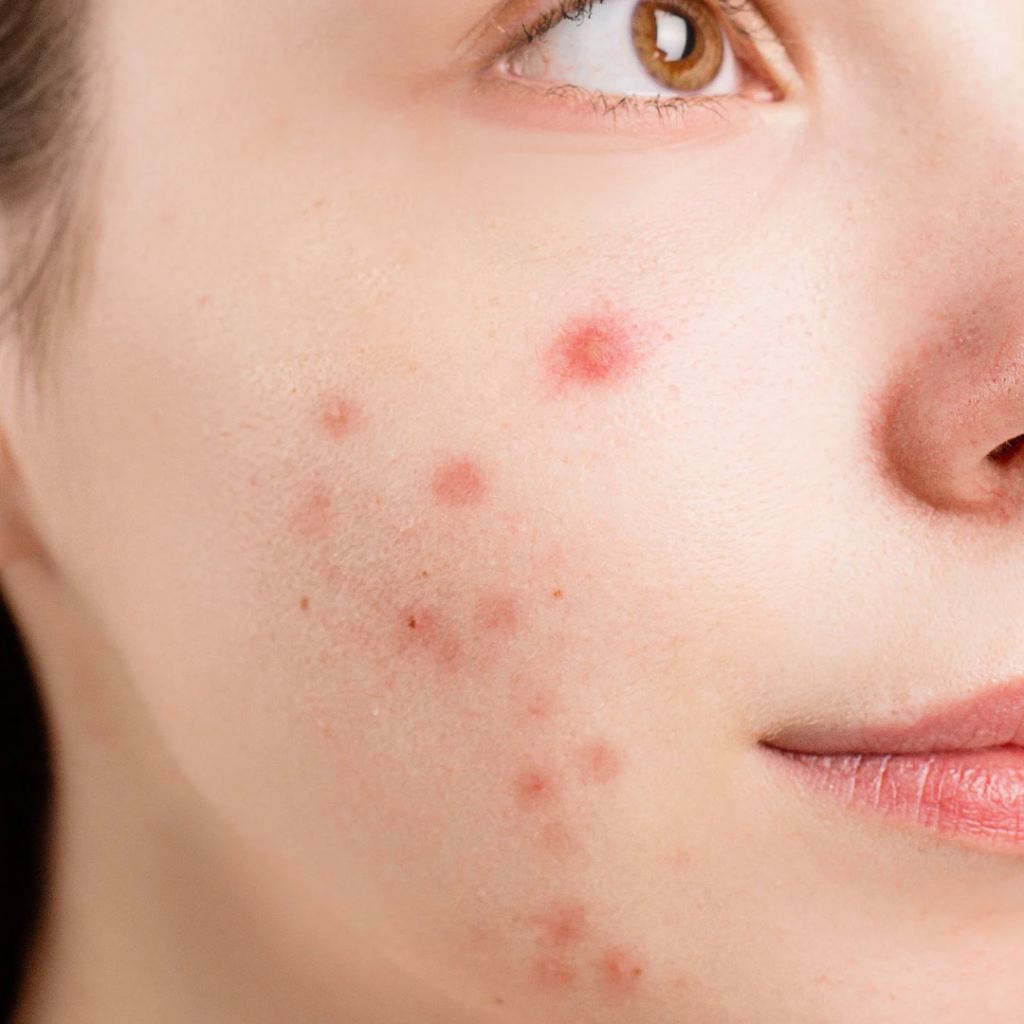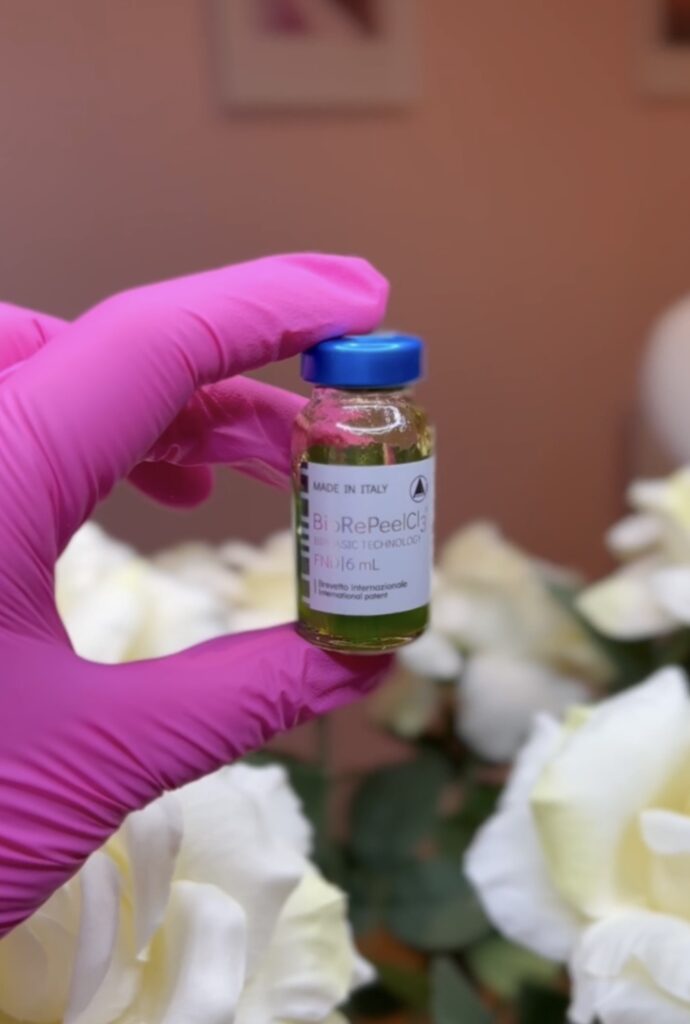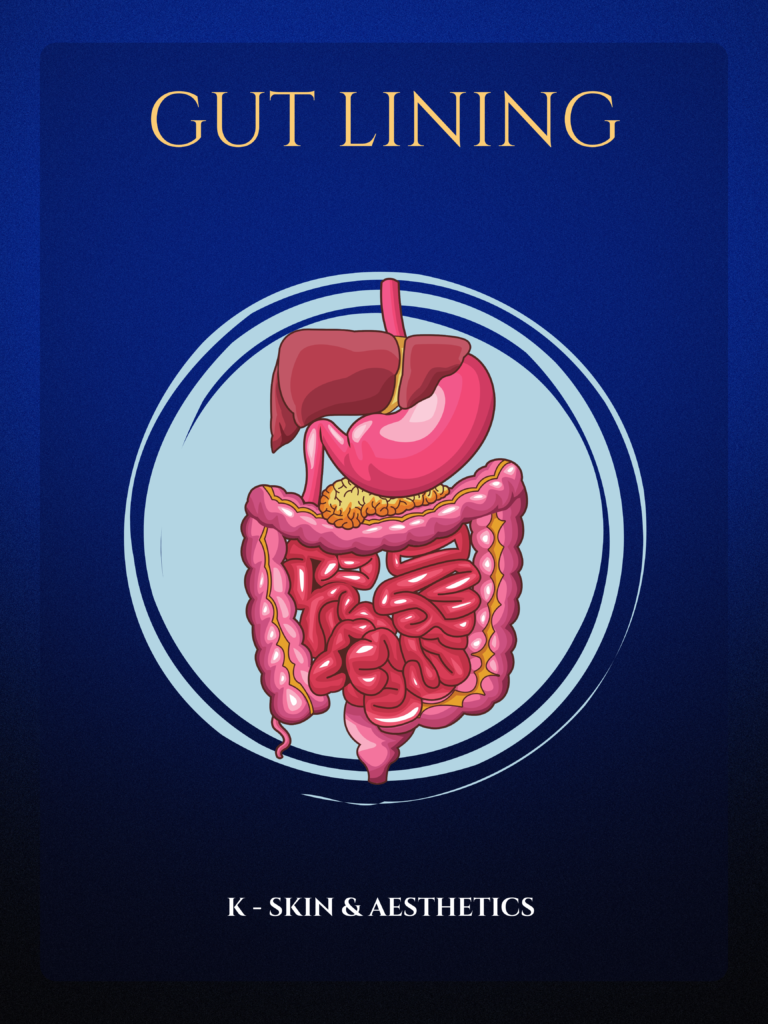Embrace the Power of Korean Anti-Aging Facial Touch: A Gentle Approach to Youthful Skin
As a passionate skin specialist, I constantly seek out the most innovative techniques to help you achieve healthy, radiant skin. Today, I’m excited to introduce the Korean Anti-Aging Facial Touch, a unique approach to slow the signs of aging and rejuvenate your complexion.
The Korean Anti-Aging Facial Touch: What is it?
The Korean Anti-Aging Facial Touch is a gentle, yet effective technique inspired by traditional Korean beauty practices. This specialized approach focuses on stimulating collagen production, increasing blood circulation, and promoting lymphatic drainage to help reduce fine lines and wrinkles while leaving your skin looking and feeling refreshed.

Experience the Gentle Korean Anti-Aging Facial Touch
Why I Offer the Korean Anti-Aging Facial Touch
In my quest to provide you with the best skincare solutions, I discovered the remarkable benefits of this Korean-inspired technique. It offers a natural, non-invasive approach to slowing the aging process, with results that speak for themselves. I knew I had to bring this innovative method to my clients to share its transformative effects on their skin.
Benefits of Korean Anti-Aging Facial Touch
- Stimulates collagen production: This gentle technique promotes collagen synthesis, improving skin elasticity and reducing the appearance of wrinkles.
- Enhances blood circulation: Increased blood flow delivers essential nutrients to your skin cells, promoting a healthy, youthful glow.
- Encourages lymphatic drainage: By promoting lymphatic drainage, this gentle touch helps reduce puffiness and inflammation, resulting in a more contoured and defined facial structure.
My Approach to Korean Anti-Aging Facial Touch
I use a combination of gentle pressure and targeted touch techniques to stimulate key acupressure points on your face. This approach helps to restore balance and harmony while addressing your unique skin concerns. Throughout the treatment, I employ upward and outward strokes to lift and firm your skin, leaving you with a refreshed, youthful complexion.
Why Choose Me for Your Korean Anti-Aging Facial Touch
As an experienced skin specialist, I am dedicated to providing personalized, high-quality treatments tailored to your individual needs. I continuously research and incorporate the latest skincare innovations to ensure you receive the most effective care possible. With my commitment to your satisfaction and my passion for skincare, you can trust that you’re in the best hands for your Korean Anti-Aging Facial Touch experience.
Book your appointment today and discover the transformative power of the Korean Anti-Aging Facial Touch. Together, we’ll unlock the secret to youthful, radiant skin that leaves you feeling confident and beautiful.
ADVANCED SKIN SPECIALIST – KAROLINA




